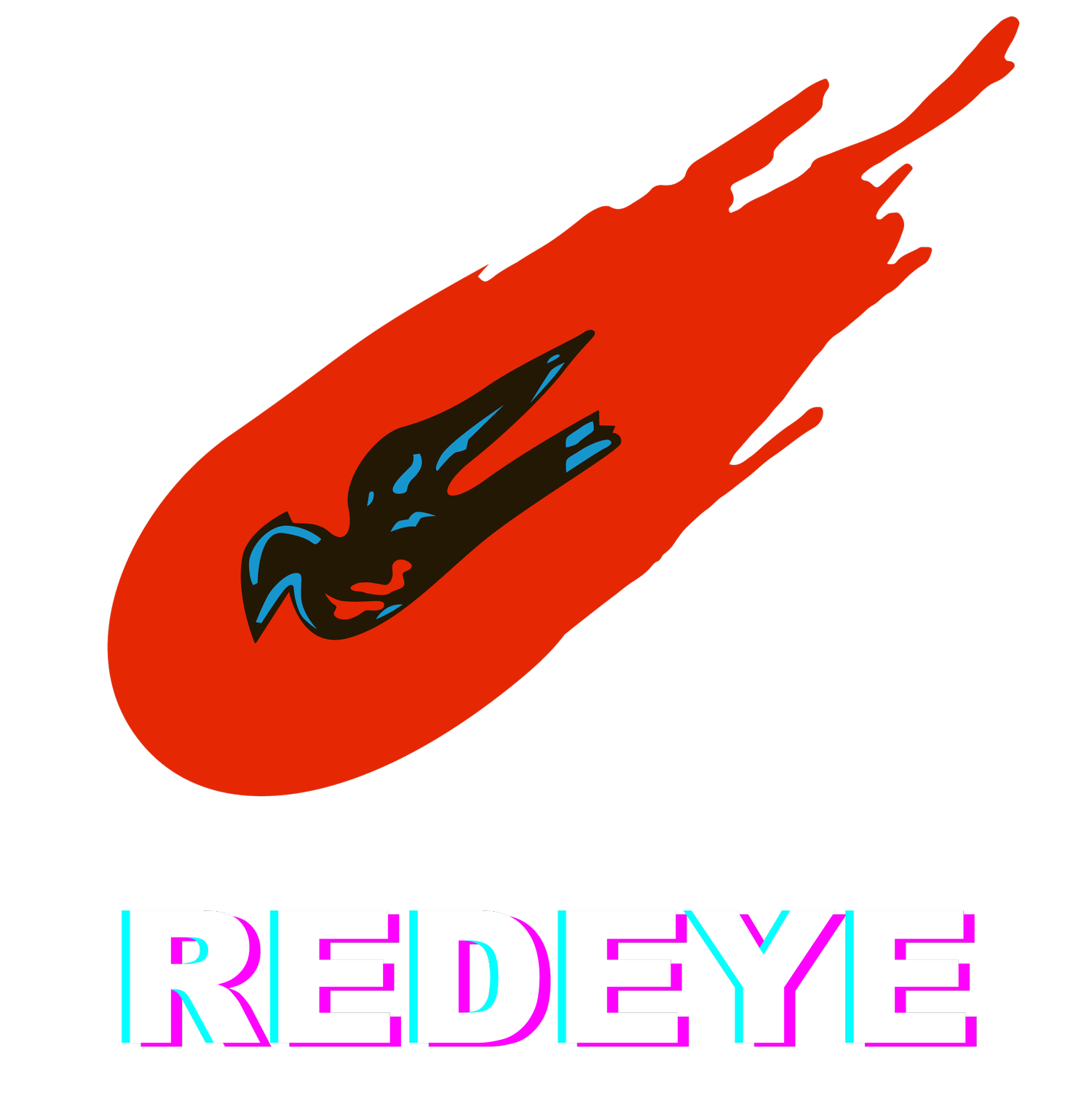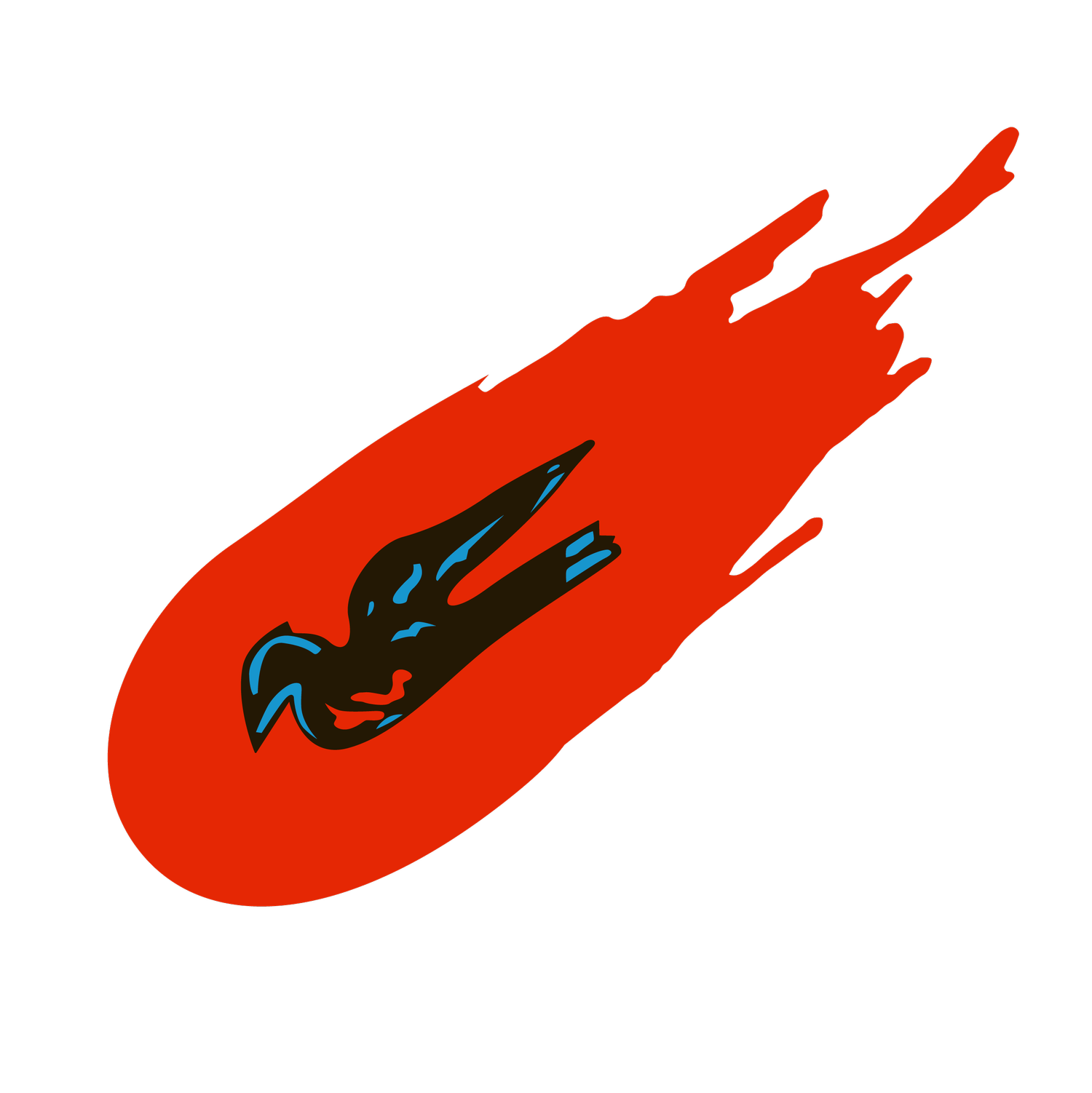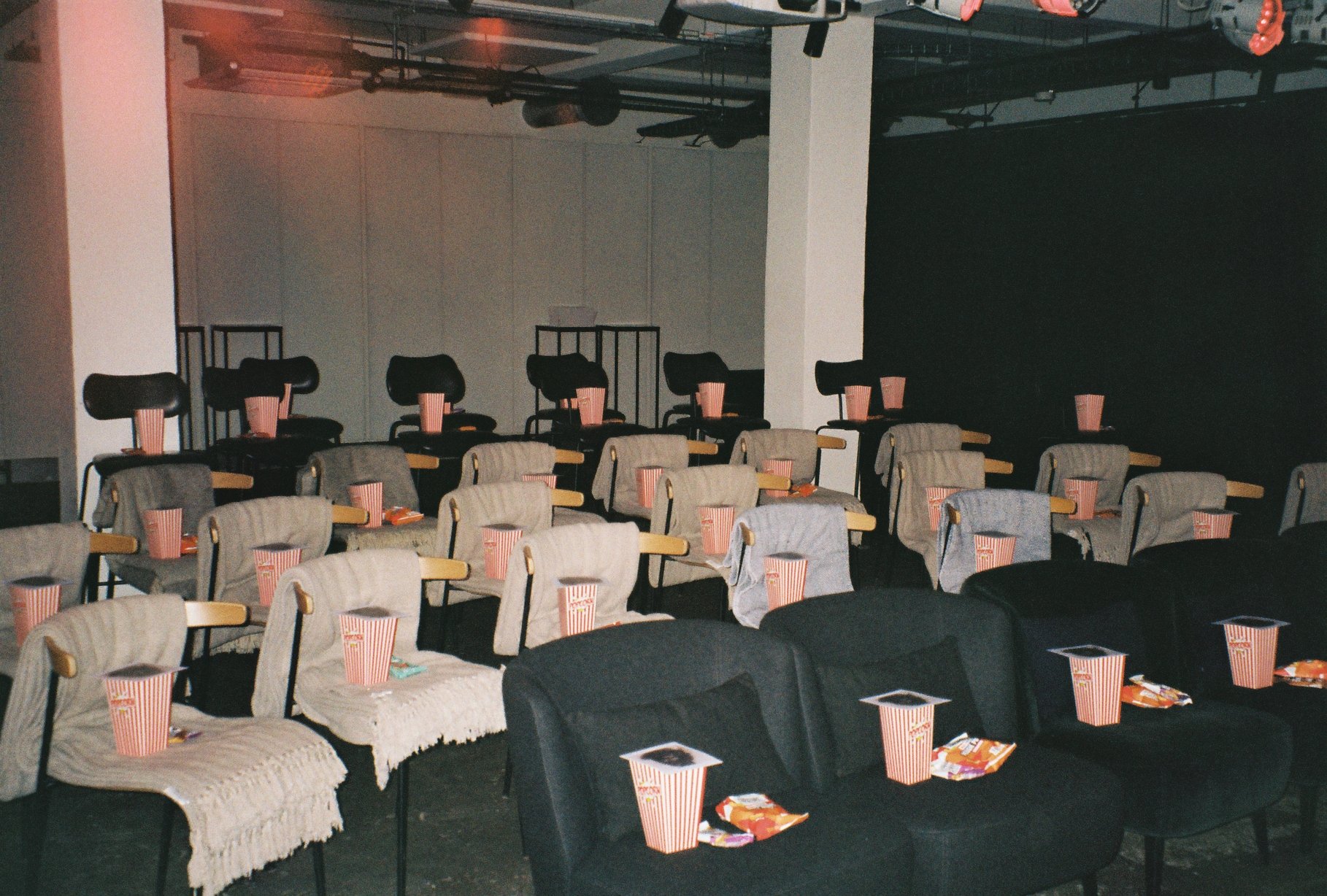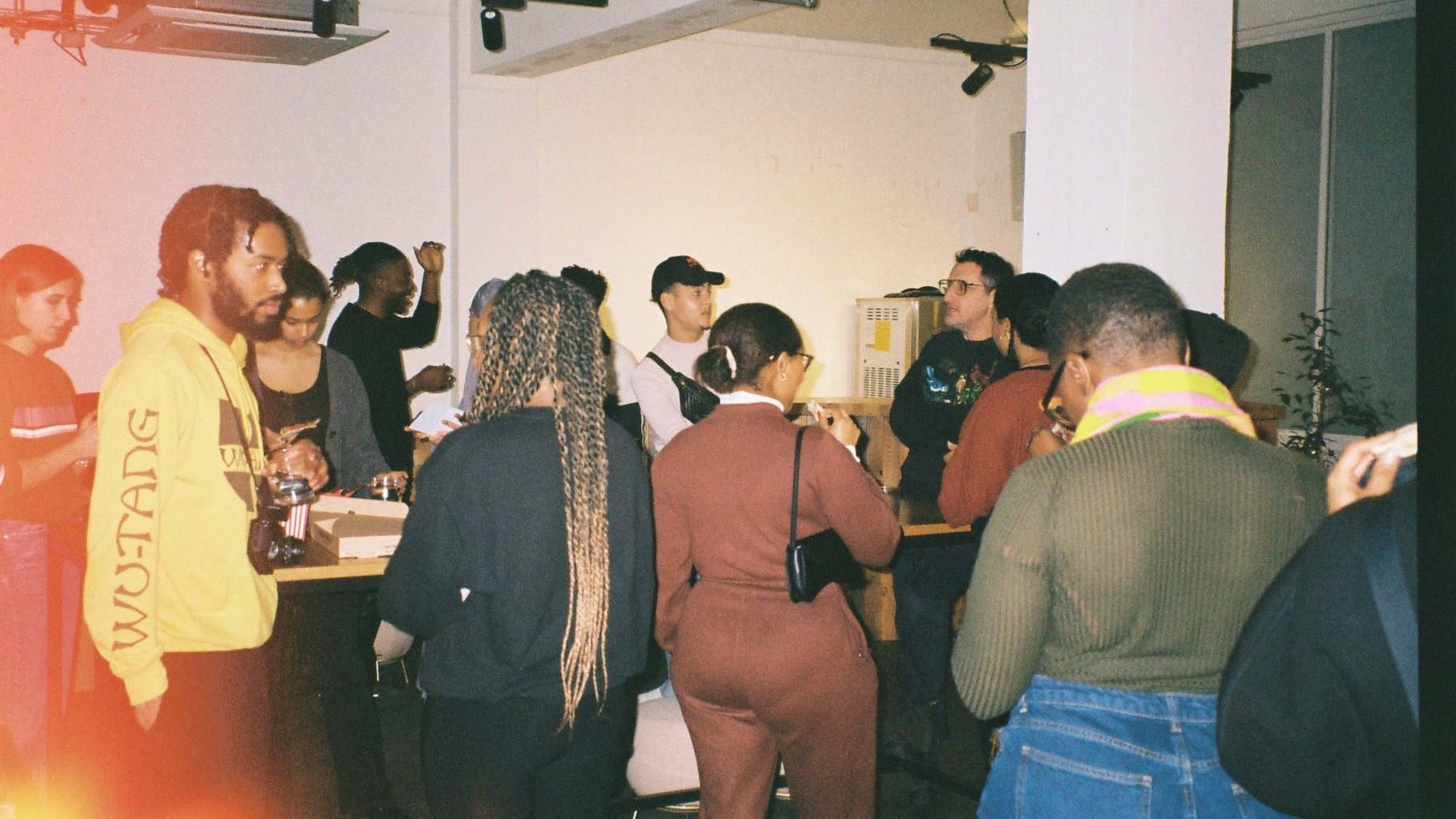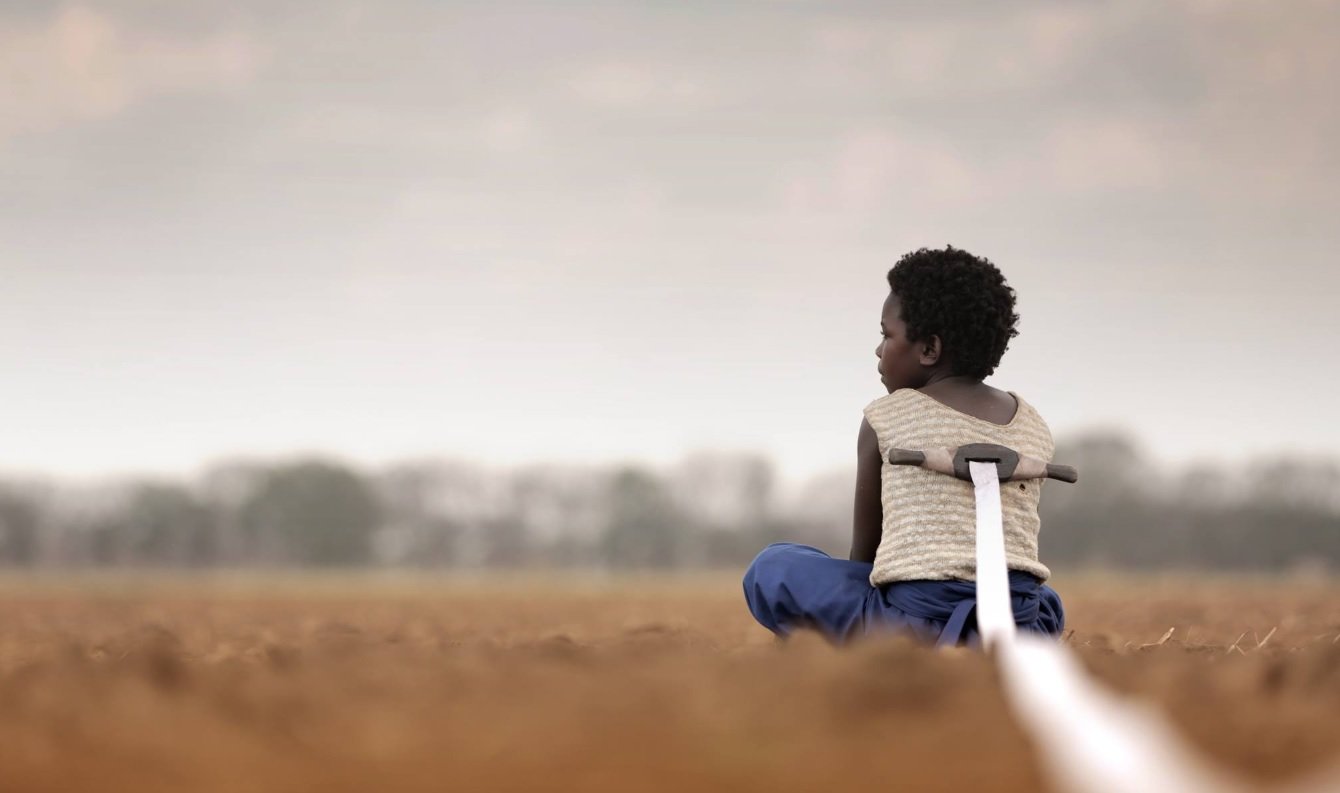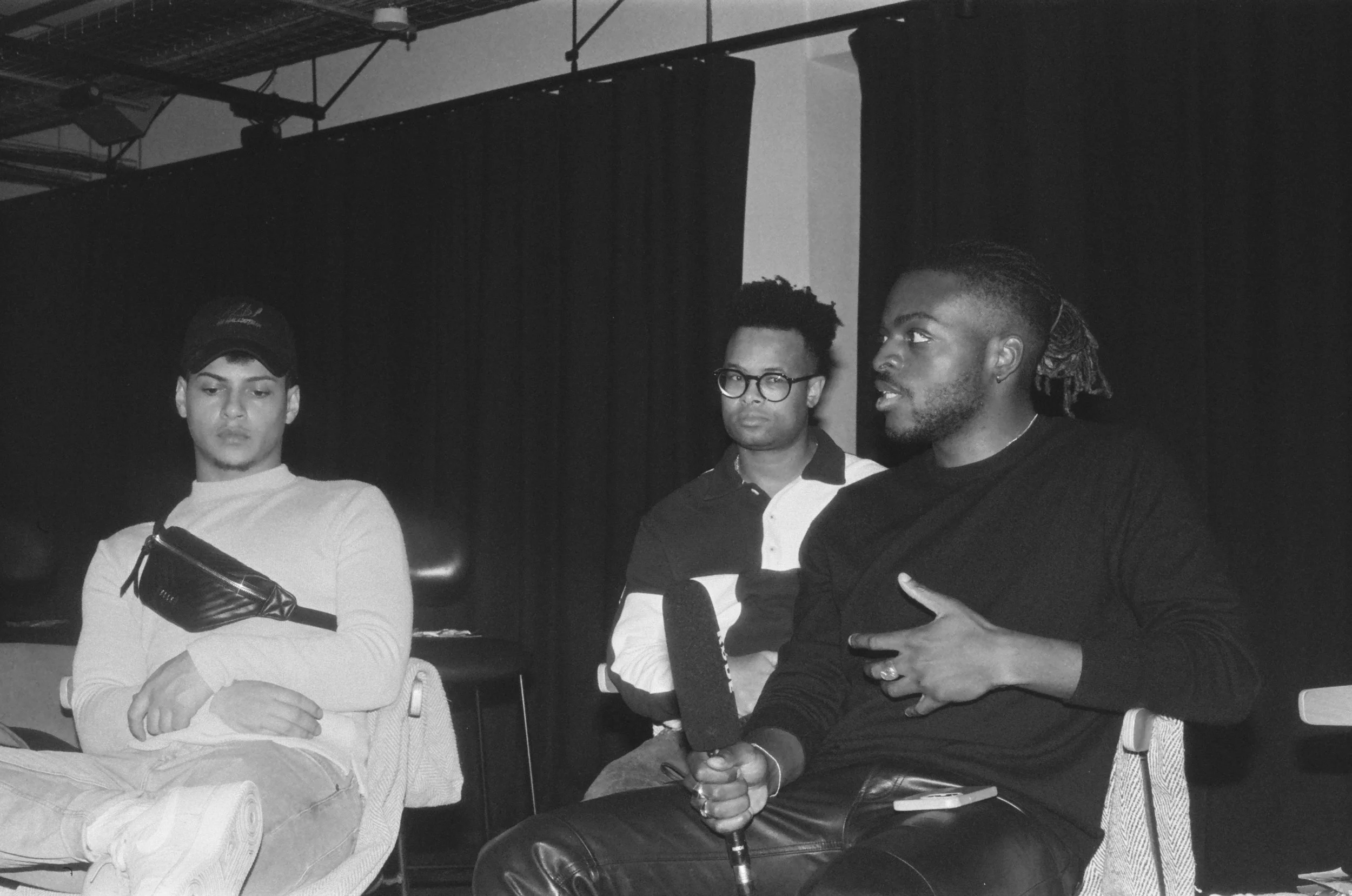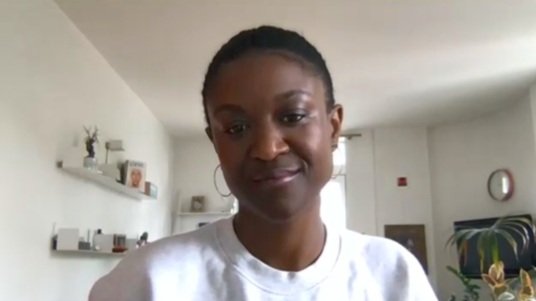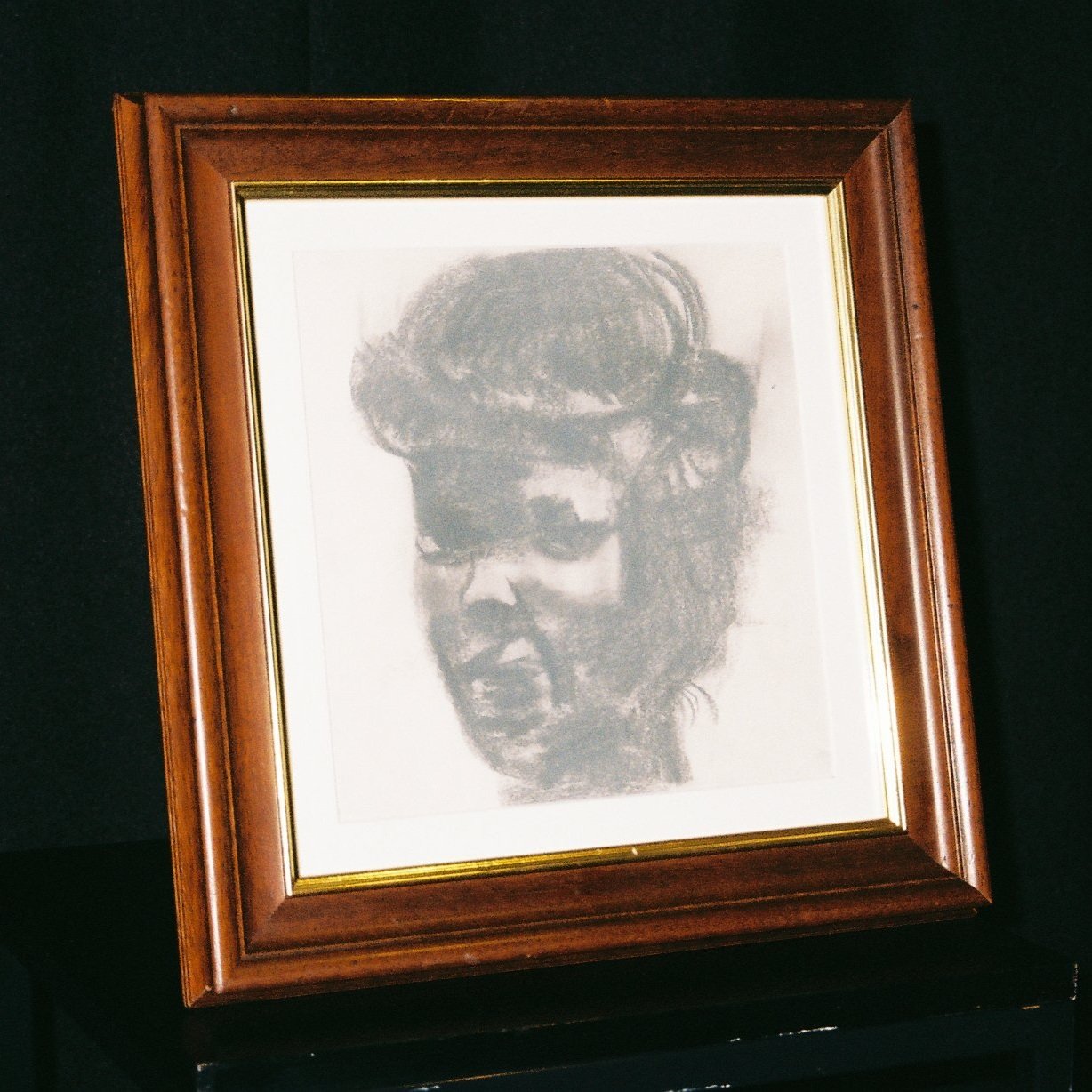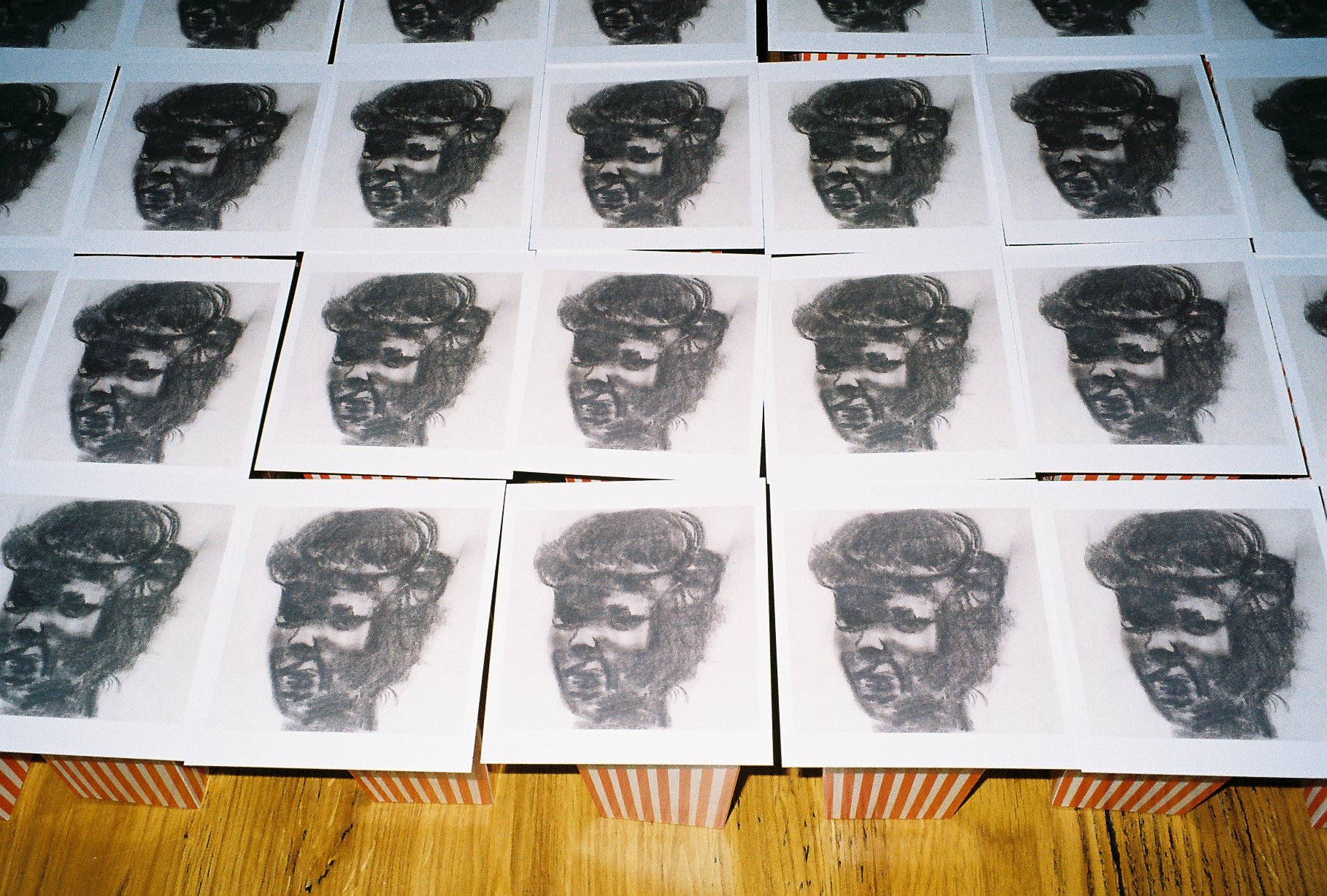
Man de watch goat, goat de watch man
I AM NOT A WITCH
About the evening
We concluded 2022 with a distinctively African story, a folklore to linger in our creative conscience and see us through into the new year. So far, it has been the only film that has seized the room into complete silence. Rugano Nyoni’s I Am Not A Witch is the satirical finger, pointing at social voyeurism, power dynamics and collective cognitive dissonance. Thankfully, after the showing we had the help of our neighbours and plenty of snacks to digest our thoughts.
I AM NOT A WITCH - film review by Tilly
Is it better to live as a witch or a goat?
This is the conundrum presented by Rugano Nyoni in I AM NOT A WITCH (2017), and pondered by the viewer, her magic-filled surrealist exploration of how patriarchy and tradition affect marginalised groups in post-colonial societies. Shula (Margaret Mulubwa) is a child cast out from a village in which speculation becomes accepted truth, even when an accuser’s evidence derives from a dream he had. She is taken to a labour camp where older women are tethered to giant ribbon spools and forced to work the fields all day. These characters underpin the film’s harshest moments, such as scenes where British tourists parade the land like a prison or zoo, taking photographs and listening to a tour guide who asserts that these witches would fly if set free. However, the same captured women are also the only cause of the child’s occasional smiles: from their twilight singing ceremonies to begging government officials to give her less manual work. Soon Shula is being forced, instead, to guess criminal culprits from lines of men, rain dance, and be flaunted at TV stations, all in the name of divine justice. Only one presenter begs the essential but taboo question, “What if she’s actually just a child?”All eyes on the child
Here patriarchal power structures prevail; even when they are catered to, they cannot be fully pacified. One of Shula’s guardians is a ‘free’ and rich woman that later reveals her own ribbon but has gained some respect, even the ‘privilege' of marrying a government official. She tries to advise Shula, “I did everything I was told.” Yet she is treated as an upgraded help. And outside of the temperamental covering of her husband, she is shunned by the community: as we watch her heckled out of a supermarket.But the goats graze free
The ribbon is the leash identifying these witches as domesticated for government use. If you choose to cut the ribbon you will cease to be a witch and be transfigured as a goat. In a world that exploits superstition in the name of misogyny, maybe there is no route to salvation within the female form. Shula finally decides, “I should have chosen to be a goat. At least goats can move about freely and eat what they like.”Collaborative forces - Dissolve Into: and REDEYE
It was another evening of REDEYE with Dissolve Into:’s Elan Gamaker. Dissolve Into: is a feeder scheme for new screenwriting talent. One of the pillars of Dissolve Into: is ‘STRONG VOICES STIR FAMILIAR CONTENT INTO SOMETHING NEW’ - This is an attribute I AM NOT A WITCH boasts effortlessly. Such storytelling is refreshing and a catalyst for developmental conversations.
Fifteen minutes after the film we made a loose circle to talk with Elan and collectively dig deeper into the screenwriting with themes and potential tools for individual practices by working collectively to break down the film’s themes and tones.
The evening was the second of REDEYE's ongoing collaboration with Dissolve Into:. Dissolve into: helps us to create a supportive environment for inspiration and creative vulnerability in their search for new voices in screenwriting.
The addition of a screenwriter’s perspective was a catalyst for the developmental conversations on how to engage audiences and pull them into our created worlds. We got to discuss and understand through Rugano Nyoni’s unorthodox style, the reception and impact of what we create and best practices to engage audiences as creators.Artist Contribution REMI Ajani -
Remi Ajani is a London-based artist who completed her studies at the Slade school of fine art. She describes her use of colour and gesture as connected to an understanding of self and identity. This approach means Remi is willing to be experimental and experiential- in present dialogue with her senses, her instincts and physicality converge into the materiality of paint, as it allows her to reconnect with her own body. This inward curiosity has expanded her senses and perception. With an attentive spirit that can discern and represent the essence of the figures she paints, her practice is beyond direct representation. The world of abstraction grants her gestures freedom. Her works exist in a plane of emotion, and through mark-making, they hold a multitude of meanings. For Remi, painting is a way to affirm the existence of dimensions and reflect on perspective.Artist Contribution -PLAYLIST BY Stephanie ‘Pure Life’ Okoye
Some wait for change while others instigate it - Stephanie Okoye does the latter. Forgoing the safety of her job, Stephanie took a leap for more than the status quo. Beginning her career as a creative producer and Film Director's assistant, she has established two spaces that champion women.
This British Nigerian, raised in East London, is teeming with talent. Under the DJ name Pure Life, Stephanie has taken the lead of her own path and ushered others in with Girls Love Soul. The platform and supportive network co-founded with DJ Claudine Mayari champions women and non-binary DJs, especially those of colour from across the world, that specialise in providing soulful, melodic sounds and future beats. As you will hear in her curation, Stephanie has an impeccable balance of sounds, with the objective to make you dance. At points, it will cause you to draw closer to yourself and convince your hips to sway with sweet twists, other choices like ‘Bush doctor / Tradisional healer’ is an instrumental vibe that is perfect for your shoulders and feet to groove. You may yet feel like pulling out your trigger fingers with Kelo Mang Nyee and Lennon (though for different reasons) or breaking into a skank to the likes of Uyang’khumbula.Stephanie’s community activism continues through another extraordinary initiative: Girls Like Us. The programme delivers workshops for black and mixed heritage girls/young women to support their development. Stephanie’s journey of healing, having to unpack and unlearn as an adult, inspired this preventive intervention for those at an earlier stage of development. The workshops are a safe, open and non-judgemental space to share and get equipped with skills that will aid in navigating environments like school.